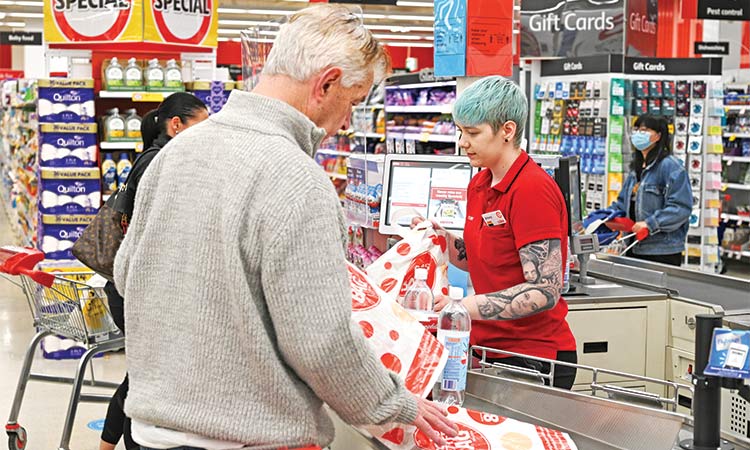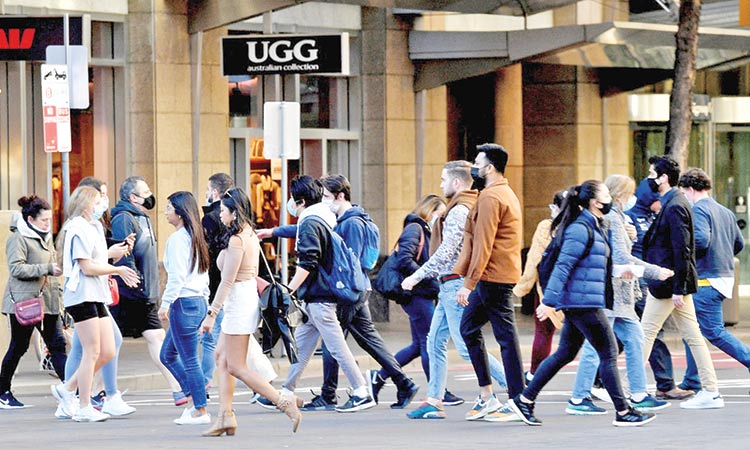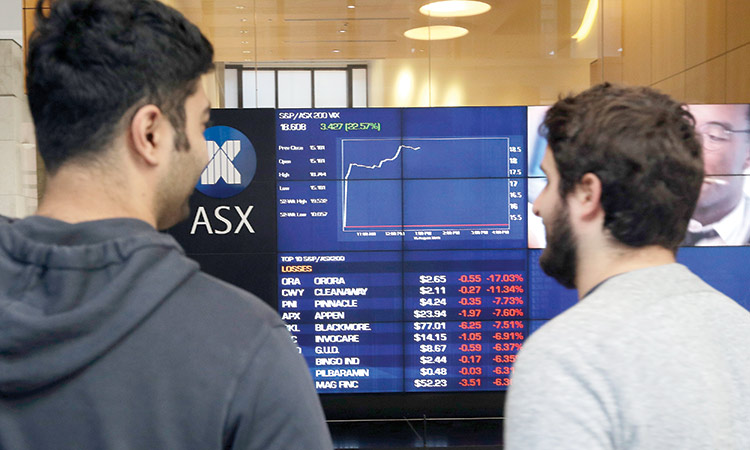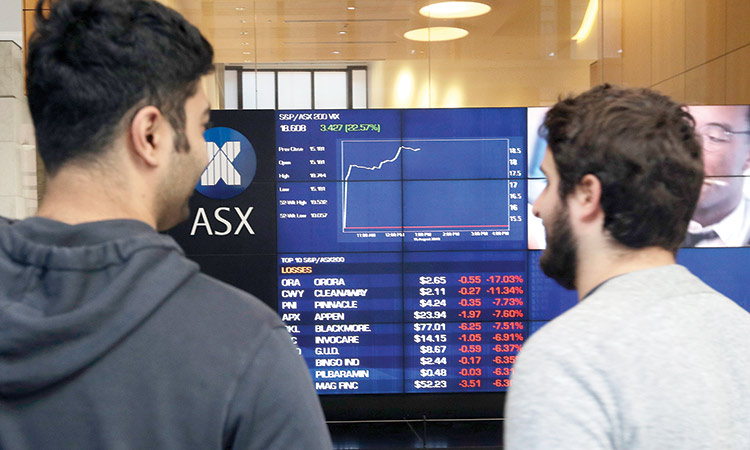Australia’s jobless rate slips; New Zealand in recession
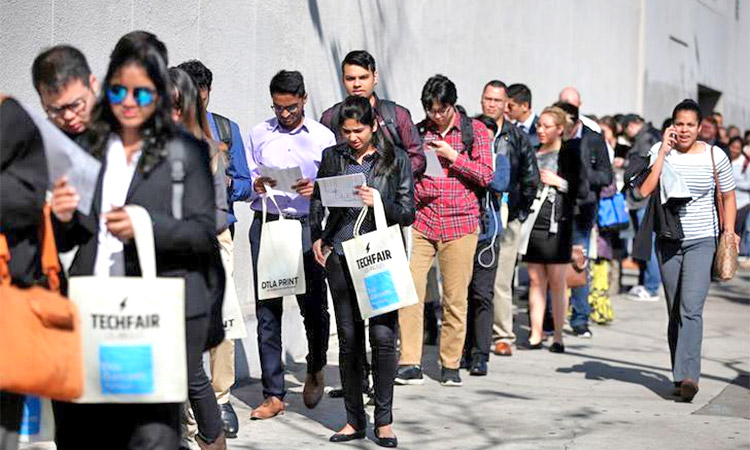
Photo has been used for illustrative purposes.
The country’s overall jobless rate fell to 6.8% in August as employment skyrocketed by 111,000, Australian Bureau of Statistics (ABS) data showed on Thursday. That was better than economists’ forecasts of 7.7% and a 50,000 fall in jobs in a Reuters poll.
But the figures were less positive for 15 to 24 year olds, with the unemployment rate now hovering near 20%, more than three times the national tally. During the 2008/09 global financial crisis, the rate was 10%-12%.
“These people are at risk of being the forgotten victims of COVID, if policy doesn’t address youth unemployment,” said Matthew Sherwood, head of investment strategy at Perpetual.
Higher welfare dependency, significant loss to economy and social issues are some of the side effects of high and rising youth unemployment, Sherwood added.
Jemish Lakhani, who is studying for a Masters degree in accounting from the University of Wollongong in Sydney, concurs with Sherwood.
“Everyday I fear if I’d ever find a job. I have zero experience in accounting,” says Lakhani who will graduate next year.
Lakhani, an international student from India, has been struggling to make ends meet since losing his part-time job at a restaurant in May.
He has since signed up to deliver food via UberEats and spends most of his afternoons near a busy restaurant strip in Sydney’s west.
“Business has been lukewarm”, he said. “The money is alright but there are days when I wait for hours outside a restaurant to make just A$20 ($14.6).” Thursday’s data showed a majority of the job surge in August employment was led by those like Lakhani who are sole traders or “non-employees as the hours worked only inched up a paltry 0.1%.
The Australian dollar, which pared losses after the data, soon slipped into negative territory to last stand at $0.7279.
Lakhani is among the tens of thousands in Australia who lost their jobs to the pandemic with little hope of finding work though the economy reopened earlier than expected.
Rising unemployment is becoming a headache for the federal government which is pushing states to ease regional shutdowns and open up internal borders as new COVID-19 cases ease.
Treasurer Josh Frydenberg delivers the federal budget on Oct. 6 where he is expected to announce some policies to help youth while also expanding its broader A$300 billion fiscal support.
One reason young people are taking the brunt of the economic fallout is that retail and hospitality sectors - which employ 45% of young people compared with 27% of other age groups - have been crippled by COVID-induced lockdowns.
New Zealand recession: New Zealand’s economy plunged into recession for the first time in a decade on Thursday, posting a record contraction in the June quarter due to the coronavirus pandemic, as Prime Minister Jacinda Ardern heads into next month’s general election.
“The 12.2-percent fall in quarterly GDP is by far the largest on record in New Zealand,” the national statistics agency said.
The reporting period covers April to June, coinciding with a strict lockdown that began in late March and began easing in late May.
Stats NZ spokesman Paul Pascoe said the closure of New Zealand’s borders since March 19 had also had a huge impact of some sectors of the economy.
“Industries like retail, accommodation and restaurants, and transport saw significant declines in production because they were most directly affected by the international travel ban and strict nationwide lockdown,” he said.
“Other industries, like food and beverage manufacturing, were essential services and fell much less.”
The second-quarter decline follows a 1.6-per cent contraction in the first three months of 2020, confirming widespread expectations that New Zealand is in recession.
However, the 12.2-per cent figure was below the 16 percent predicted by the government this week and fell well short of the 23.5 percent forecast in the budget last May.
Finance Minister Grant Robertson said the better-than-expected outcome was due to policies implemented by Ardern’s government, which will go to the polls seeking a second term on October 17.
“Going hard and early means that we can come back faster and stronger,” he said.
Agencies
